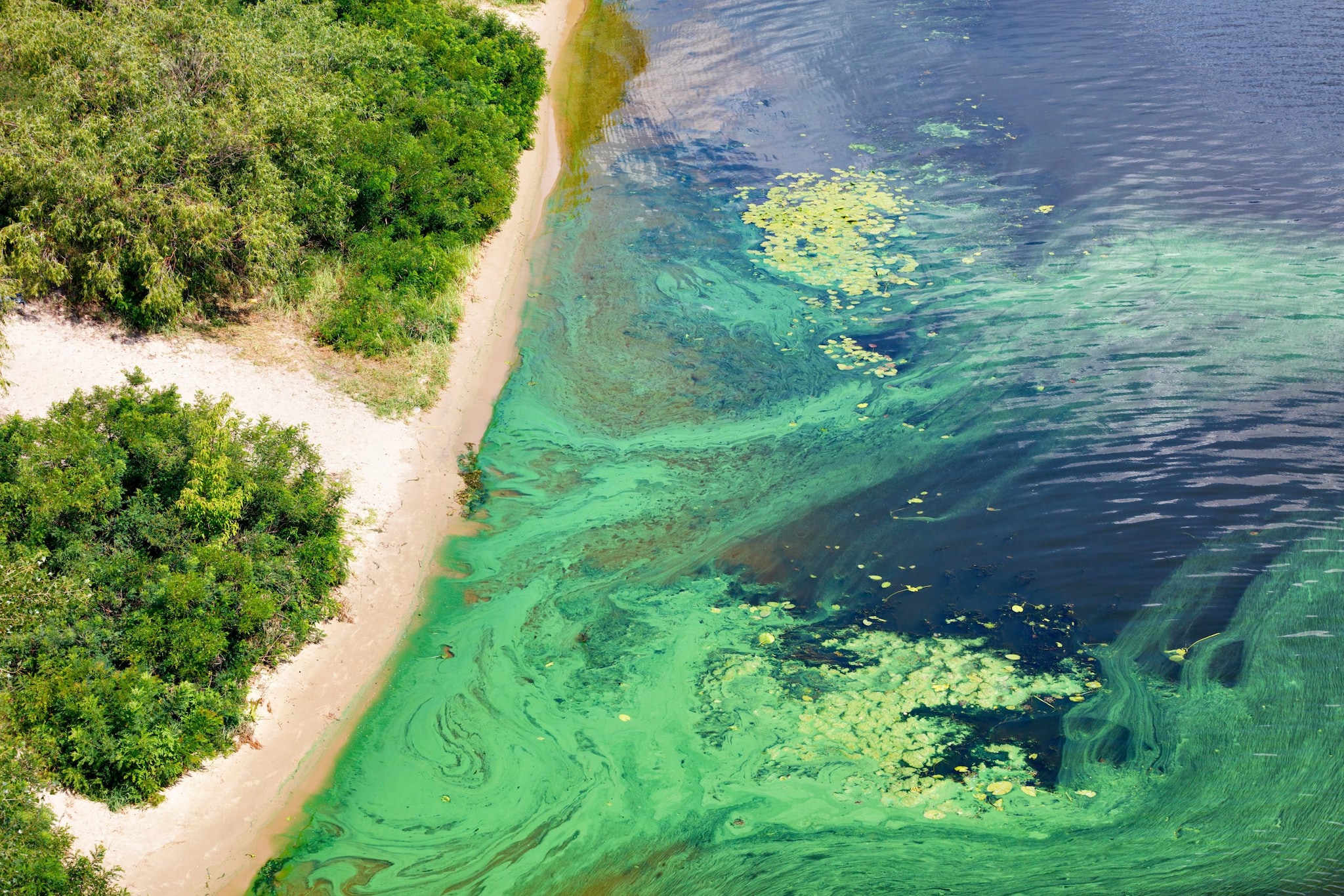Epidemiologic Studies of Emerging Environmental Hazards
Environmental epidemiologists in CDC’s Health Studies Program (HSP) develop innovative approaches to collect and analyze exposure and health data. The data helps them better understand the relationship between human health and emerging environmental exposures. Information gathered from their studies translates environmental public health science into actionable guidance, resources, and tools for environmental public health practitioners.
Key research areas for the HSP include harmful algal and cyanobacterial blooms (HABs) and per- and polyfluoroalkyl substances (PFAS). Additionally, emerging hazards identified through the surveillance of poison center data are prioritized for future research activities. Examples of current research activities are listed below.
For information on the results of past research activities, visit the Health Studies Publications webpage.
Harmful Algal and Cyanobacterial Blooms
The HSP is conducting a study in South Florida to assess the health effects of exposure to cyanotoxins in the air. This study, called the Cyanotoxins in Air Study (CAST), will look at exposures to cyanotoxins among people who live or work near Lake Okeechobee, the St. Lucie River, the Caloosahatchee River, and the Cape Coral Canals. CDC is conducting this study to determine if breathing in cyanotoxins can make people sick or cause symptoms. Cyanotoxins are toxins (poisons) sometimes produced when small, plant-like organisms called cyanobacteria (also known as blue-green algae) rapidly grow out of control or bloom.

The HSP is collaborating with the Wisconsin Department of Health Services, the Environmental Protection Agency, and the National Oceanic and Atmospheric Administration to study the relationship between symptoms identified through electronic health records and cyanobacterial blooms.
Per- and Polyfluoroalkyl Substances (PFAS)

The HSP is conducting several research projects in collaboration with the Agency for Toxic Substances and Disease Registry (ATSDR) and other partners to study the health effects of PFAS. Specifically, HSP is researching the associations between PFAS and cardiovascular disease, PFAS and birth and mortality outcomes, and PFAS and cancer.
Technical Assistance
Epidemiologists in CDC’s HSP provide environmental epidemiology expertise to state, tribal, local, territorial, and international organizations to assist with designing and implementing epidemiologic studies to assess the health effects of emerging environmental exposures. To request assistance, please contact ncehoutbreak@cdc.gov.